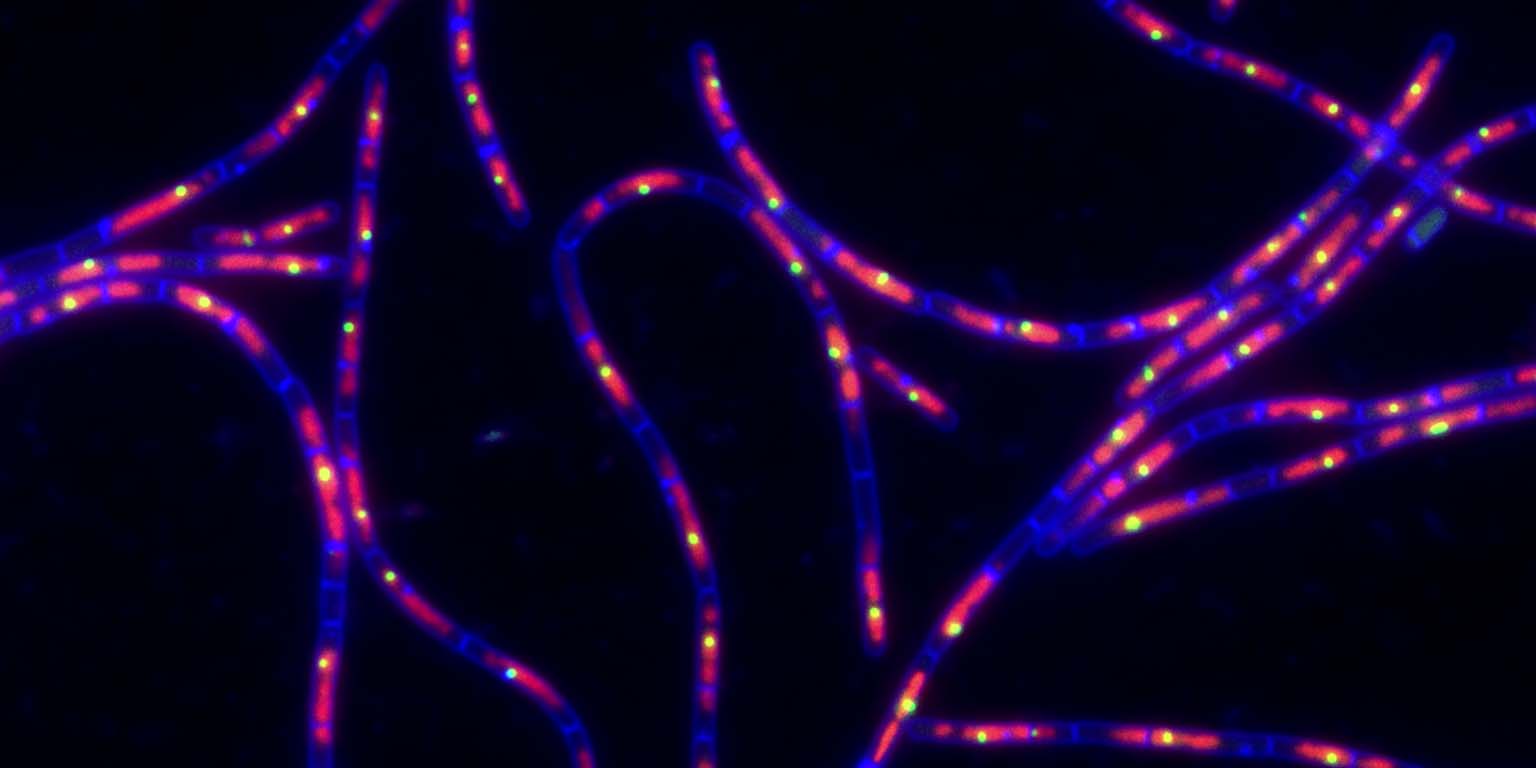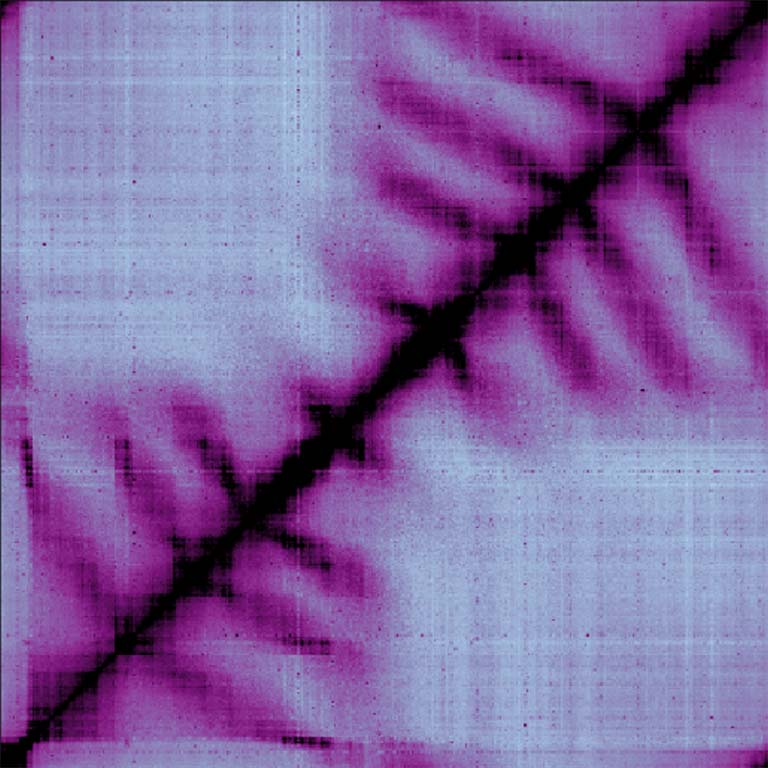The National Institutes of Health has awarded a biologist at Indiana University Bloomington a grant to study chromosome biology.
Xindan Wang, assistant professor in the IU Bloomington College of Arts and Sciences' Department of Biology, will receive $1.66 million from the National Institutes of Health's Research Project Grant Program (R01) to study chromosome organization and segregation. Support from this award will officially begin on April 1, 2021.
All living cells contain long strands of DNA molecules that are packaged into chromosomes. When cells grow, chromosomes are duplicated and transmitted to daughter cells. The faithful segregation of chromosomes underlies genome integrity and is fundamental to all organisms.
“No reproductive process is more central to life than the replication and segregation of the genome,” said Wang, who joined IU Biology in 2017. “The goal of our research is to identify the molecular mechanism of chromosome segregation. Our studies have the potential to uncover the general principles of chromosome packaging and segregation relevant to all domains of life.”
Wang’s research focuses on a protein complex called the structural maintenance of chromosomes (SMC) complex, which is highly conserved from bacteria to humans. Recent studies show that SMC complexes are motors that track on DNA strands. Using bacteria as model systems, Wang’s research will investigate the mechanism of SMC action in the context of cellular activities. Her team will combine molecular biology, cell biology, biochemistry, and genomics approaches to determine how SMC gets on and off the DNA, and how SMC resolves conflicts with other cellular machineries.





 The College of Arts
The College of Arts